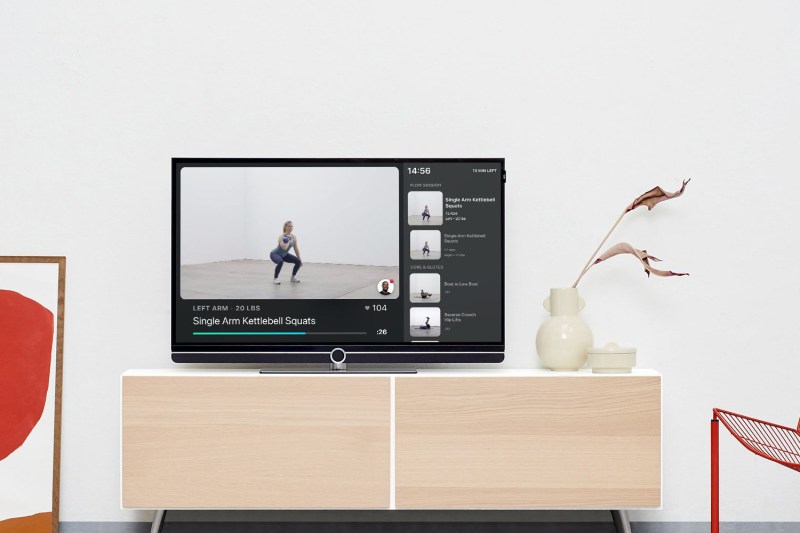
Millions of people use the internet every day to work, learn, shop, pay bills, and keep in touch with friends and colleagues, but when it comes to training, fewer of us take full advantage of what modern technology has to offer. Future is looking to change that: The fitness app, which is our favorite virtual personal training service, delivers one-on-one coaching and customized workout programs right to your phone every week, and does it at a fraction of the normal hourly cost of a personal trainer. And if you’re interested in giving it a try, your first month is just $19 and it couldn’t be easier to start. Become a member, pick your coach, add a wearable if you want, and start changing your life one day at a time. Keep reading to learn more, or check it out for yourself below.
It’s no secret that there’s no “one size fits all” when it comes to health and fitness. A personal trainer is a great way to establish a workout regimen tailored to your body type and lifestyle, but it can get expensive at upwards of $100 per hour. By contrast, for $149 per month, Future puts you with one of its professional fitness coaches who will help you tailor your routine and guide you through your
When you sign up for Future, you will answer a brief questionnaire and Future will match you with a one of its experienced personal trainers based on your preferences, personality, and goals. Future coaches all have different specialities and focus areas, but are equally experienced, so you really can’t go wrong.
Once you’ve matched with a personal trainer, he or she will craft a customized fitness plan based on your input. Your new routine will revolve entirely around your schedule, with new guided workouts delivered to you each week via the Future mobile app. You can exercise as much or as little as you want and let your coach know when you need days to rest and recover. You can view them and follow along on your phone, or your workouts can be streamed right to a compatible smart TV using Apple AirPlay.
Through constant contact, your trainer will check in every day to see how your progress is going, refine your regimen, keep you motivated, celebrate your milestones, and adjust your routine around your schedule so the workouts don’t interfere with your regular daily and weekly activities. Your coach will also tailor the workouts to fit whatever equipment or exercise spaces you have access to at the moment. If you’re traveling and can’t get to a gym, for example (but you don’t want to put your fitness goals on pause and potentially lose some progress), your trainer will make adjustments to focus on bodyweight training and outdoor cardio, to name just one possible scenario.
Future takes a holistic approach to fitness and your plan focuses on more than just exercise. Future members receive an Apple Watch which pairs with the mobile app to monitor and collect a variety of biometrics including heart rate, sleep quality, and other vital data during your workout sessions and throughout the day. Your coach will use this to further refine your routine, zero in on specific parts of your training when necessary, and track your overall progress towards your goals. If you need some pointers on form, have questions, or need some general advice, your trainer is available to you with no appointments necessary — and if by some chance your coach isn’t the perfect fit, you can choose another at any time.
For $149 per month, Future delivers a technology-driven and highly customized training regimen that is completely unique to you for a fraction of what you’d normally pay for a regular personal coach. If you want to give Future’s personal training app a spin, then new subscribers can enjoy a first introductory month for just $19, then after its $149 per month. If you decide it’s not for you, you can cancel any time within the first 30 days for a full refund with no fees or penalties. Note that the Future app is currently available only for iOS, but support for Android smartphones is coming in the near future.



